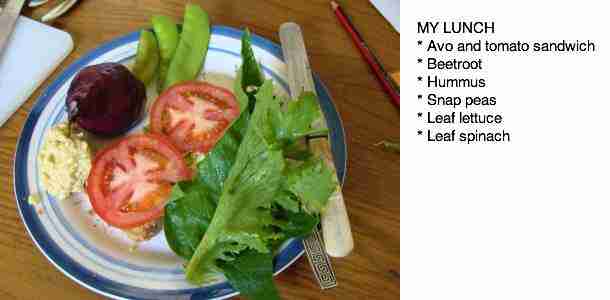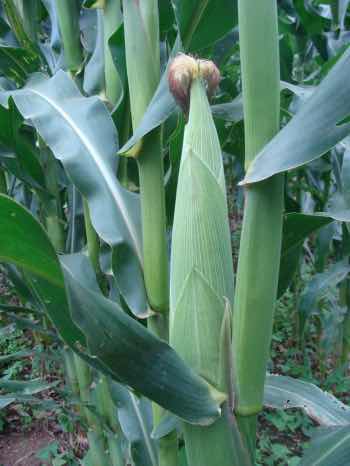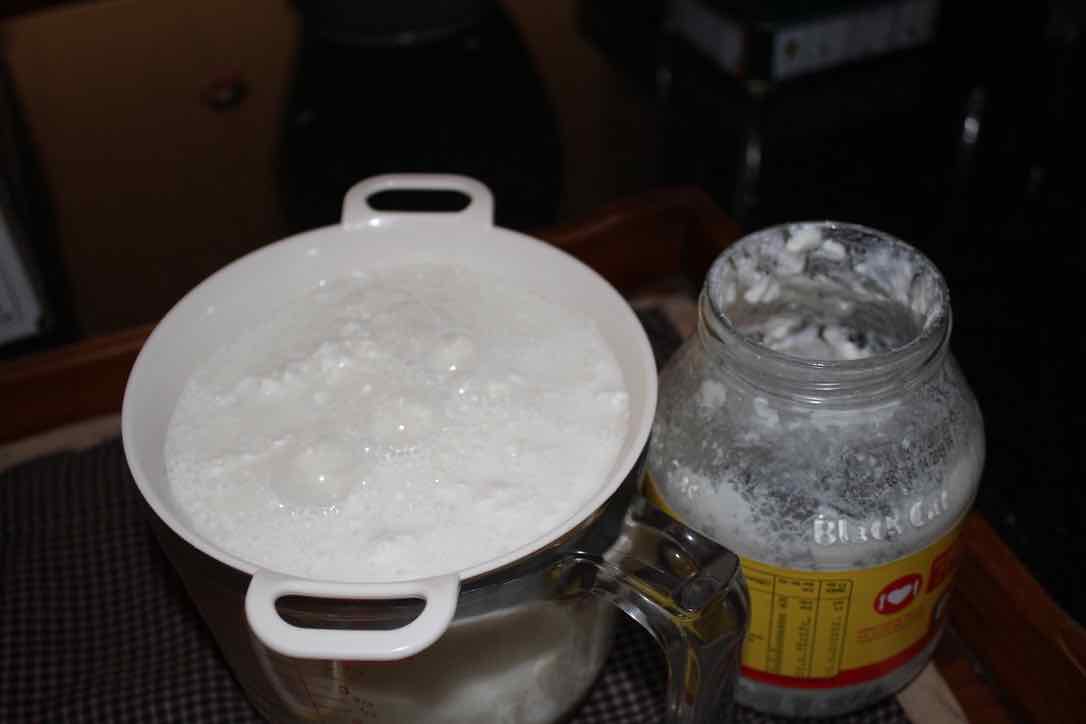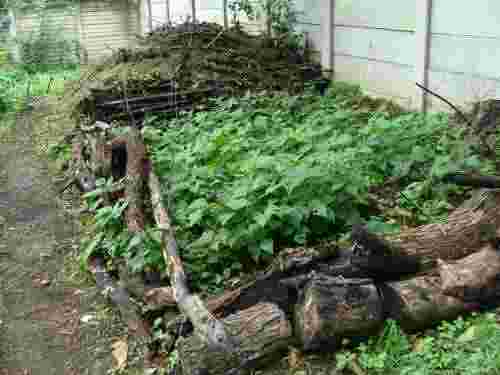Ultra-processed foods and colorectal cancer
Ultra-processed foods and colorectal cancer (CRC) are strongly associated with a 25% increase in the hazard ratio. Typical grocery store food is alarmingly now affecting much younger persons.
Colorectal cancer was traditionally a disease that affected older people; but with ultra-processed foods now covering around three quarters of grocery store shelves there has been a shift away from high fibre foods to those that have been refined.
In addition many chemicals like food stabilizers and emulsifiers are being used; soybean and sunflower oils have drastically increased the amount of polyunsaturated fats particularly in baked goods.
Scientists tested the stool samples of a group of about 500 people. They found that a diet characterised by large amounts of industrially processed food and low in fibre-rich meals increased the number of enterotoxic bacteria in the gut.
They assessed these meal patterns giving what they called the "Colorectal Cancer Microbial Dietary Score (CMDS)." They then applied this to a very large group of health professionals from the US over a 20 year period.
After adjusting for other acknowledged causes of CRC they found that food with a high CMDS was a predictor of a 25% increased risk of the disease.
E coli and other enterotoxic bacteria
Ultra-processed foods low in fibre change the composition of the bacteria in the gut from those generally known as friendly flora to pathogens that are decidedly toxic.
A healthy microbiome produces short-chain fatty acids like butyrate that supply the lining of the gut with important nutrients; and have a very important function in normalising the generalised inflammatory response in the body.
The surge in bacterial species known to be toxic to the gut is strongly associated with the dramatic rise in recent years of colorectal cases, particularly in younger people.
In scientific verbiage ultra-processed foods modulate the microbiome.
These bacteria also increase the formation of the dangerous tau proteins that are carried to the brain via the vagus nerve, also raising the risk of dementia and stroke.
The take home

The take home from this study is that it behooves all of us to eschew ultra-processed foods and to increase the fibre rich meals that our forebears ate.
Only 5% of those eating typical grocery store food are currently consuming the recommended 35 grams of fibre per day.
Ultra-processed foods low in fibre can be quickly swallowed. Salads, whole grains like corn on the cob and legumes require far more chewing; meals take longer.
One other benefit is that enjoying unprocessed foods increases the bulk of the stool decreasing constipation with all the attendant risks of bowel diseases.

Corn on the cob is also a rich source of two essential phytonutrients required by the retina in the eye to prevent adult-onset macular degeneration.
Probiotic foods
 Kefir is an ancient probiotic from the Balkans.
Kefir is an ancient probiotic from the Balkans.From a practical point of view another tool that can be simply used to inhibit the pathogenic bacteria that cause colorectal cancer is enjoying homemade probiotics like kefir and sauerkraut.
Kefir is a very strong yoghurt enjoyed by those in the Balkans for centuries; it can be made in less than five minutes in the home kitchen. Turning it into a smoothie softens the sour taste.
Probiotics have little value in those eating a low fibre diet; so we would recommend for example adding a tablespoon of freshly ground nuts and seeds to your smoothies.
Traditional food
There are already signs that Americans are returning to growing their own food. They along with Australia and China are in the top three countries where gardening has become important; for example growing green beans for protein.
 Green beans growing in an old compost heap
Green beans growing in an old compost heapGetting away from the ultra-processed foods that cause colorectal cancer will be difficult for many; but the alternative is too ghastly to contemplate.
Just ask anyone with a colostomy.
From the standpoint of Chiropractic Help it is tragic to have to tell a patient that the pain in their spine and pelvis is not being caused by subluxations but by metastases from a malignant colorectal tumour.
Changes of bowel habits and a significant bleed are ominous signs. The strong recommendation is not to wait until disease strikes; making a dietary change need not be the bear that it is assumed to be.
Another not so small benefit is that greatly increasing the fibre in our diets will help normalise blood glucose and almost certainly mean that we will no longer have to follow tiresome diets that in case we know don't work.
Ultra-processed foods and colorectal cancer
Ultra-processed foods and colorectal cancer are correlated because of a change in the microbiome; a large increase in toxic pathogens that attack the lining of the gut.
When browsing these links use right click and "Open Link in New Tab", or you may get a bad gateway signal.
- Home
- Constipation
- Ultra-processed Foods and Colorectal Cancer
Did you find this page useful? Then perhaps forward it to a suffering friend. Better still, Tweet or Face Book it.
